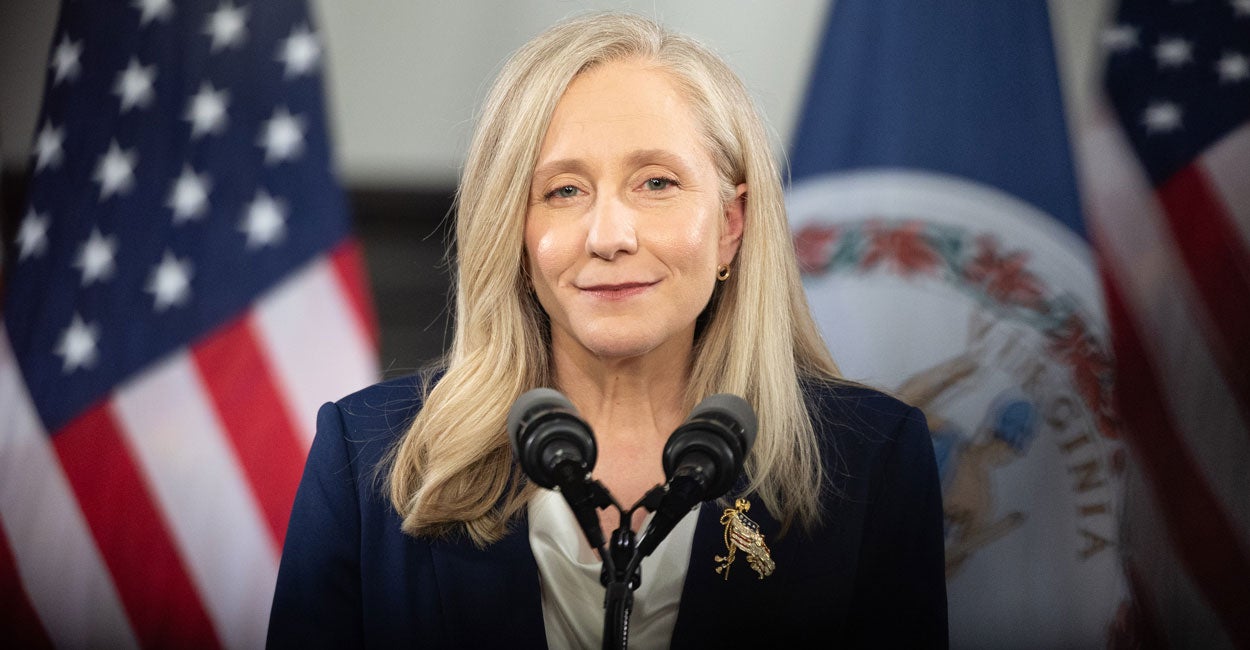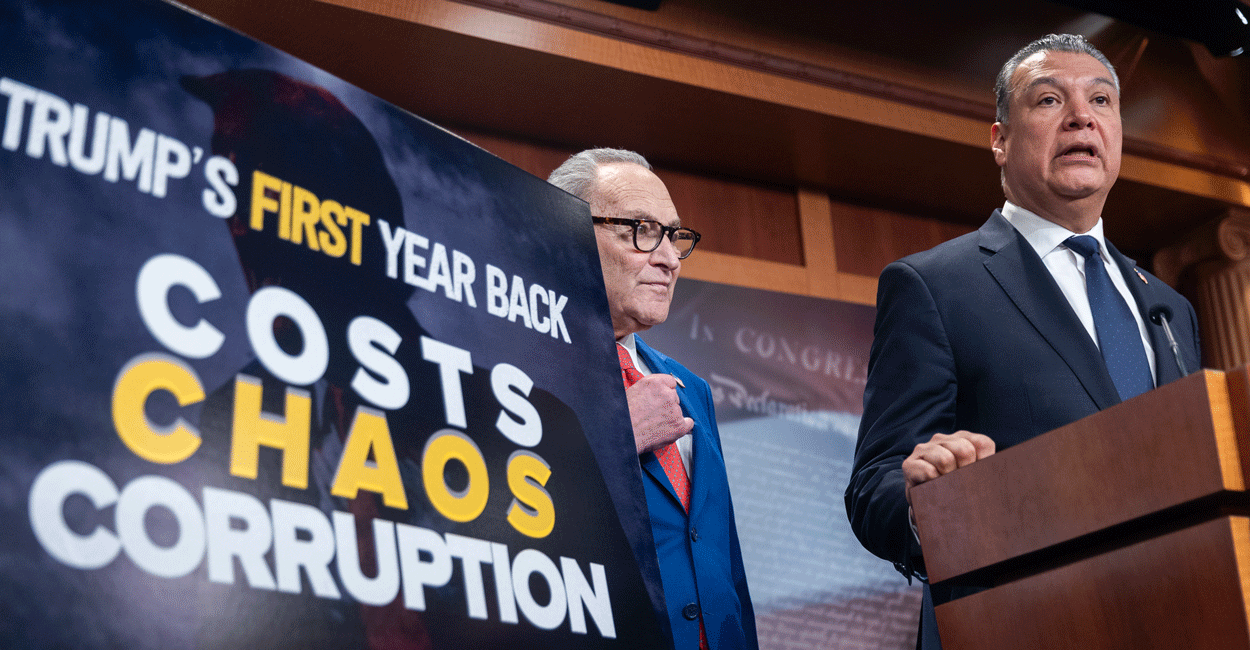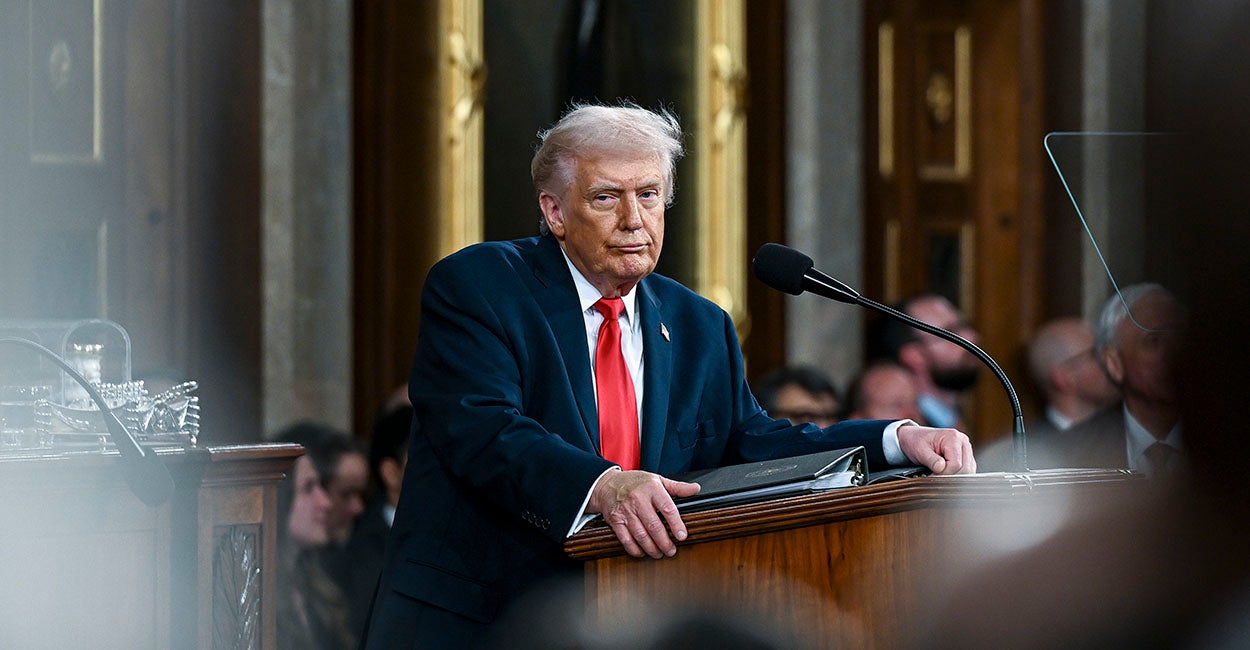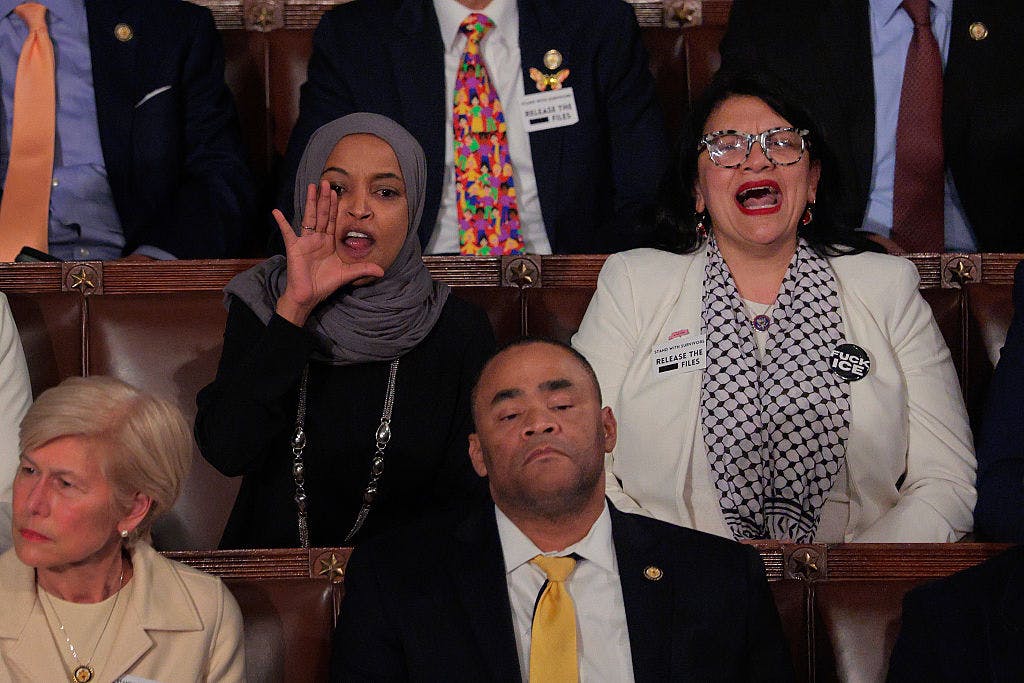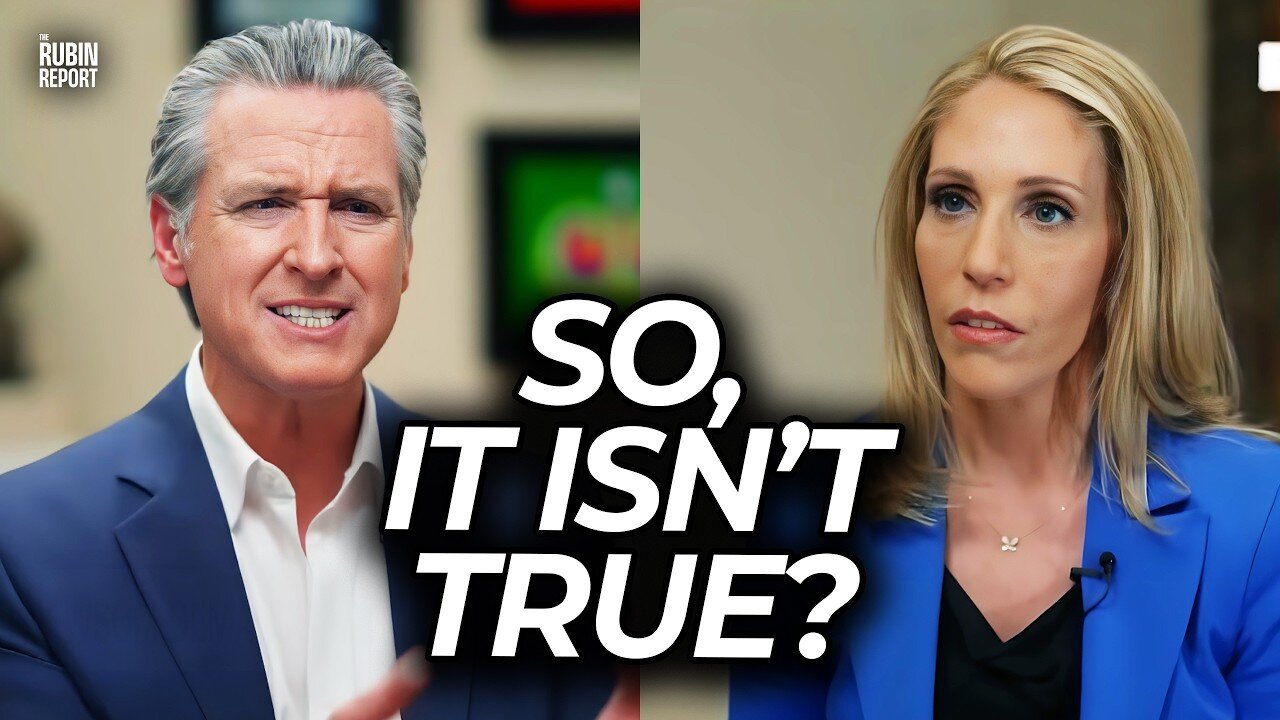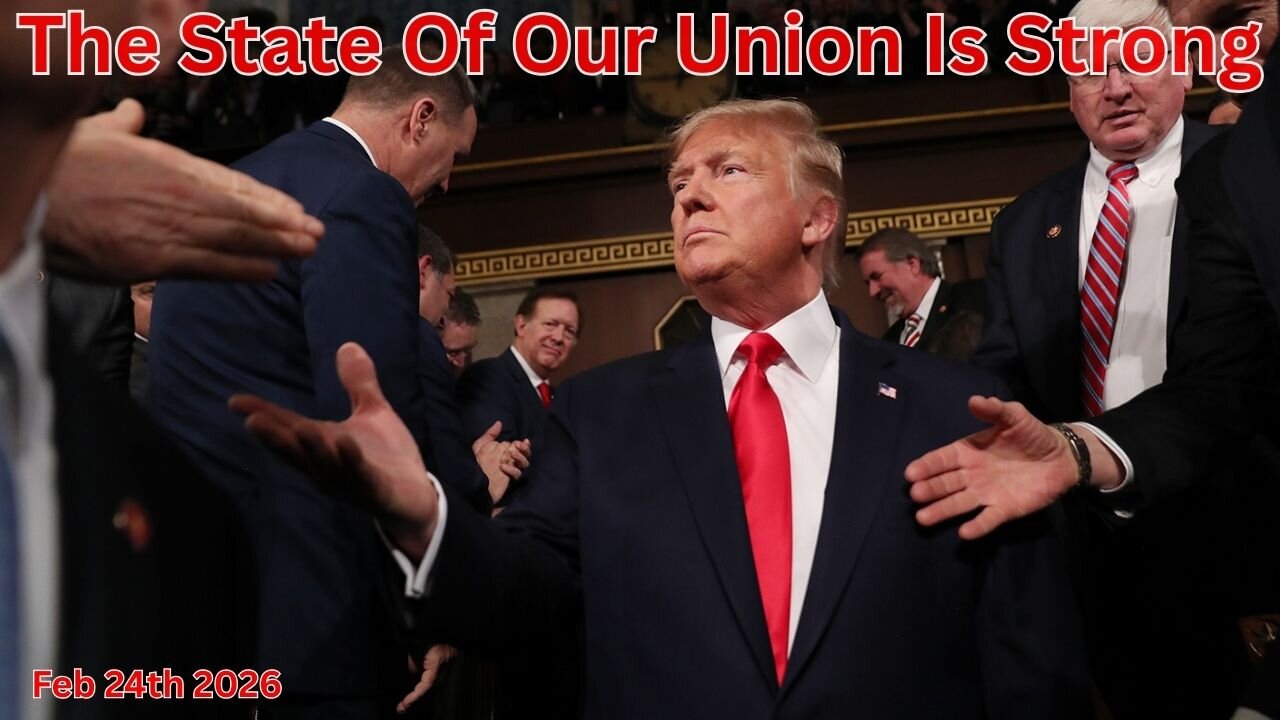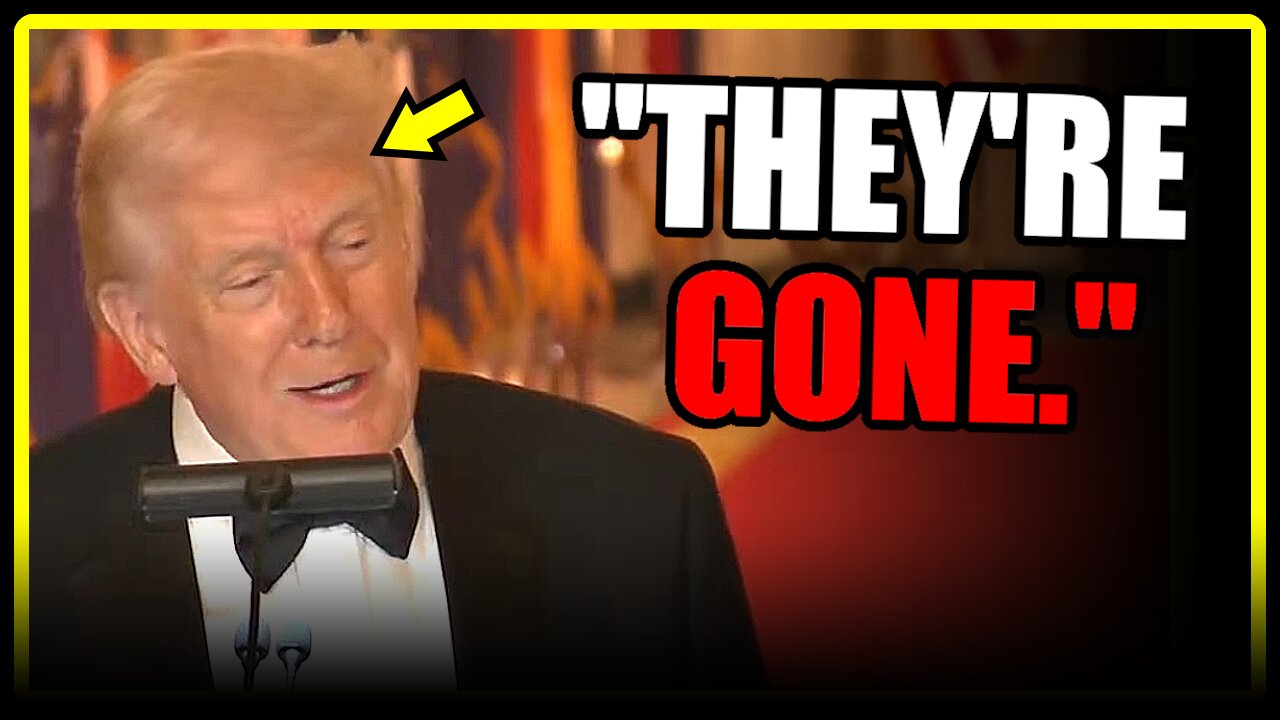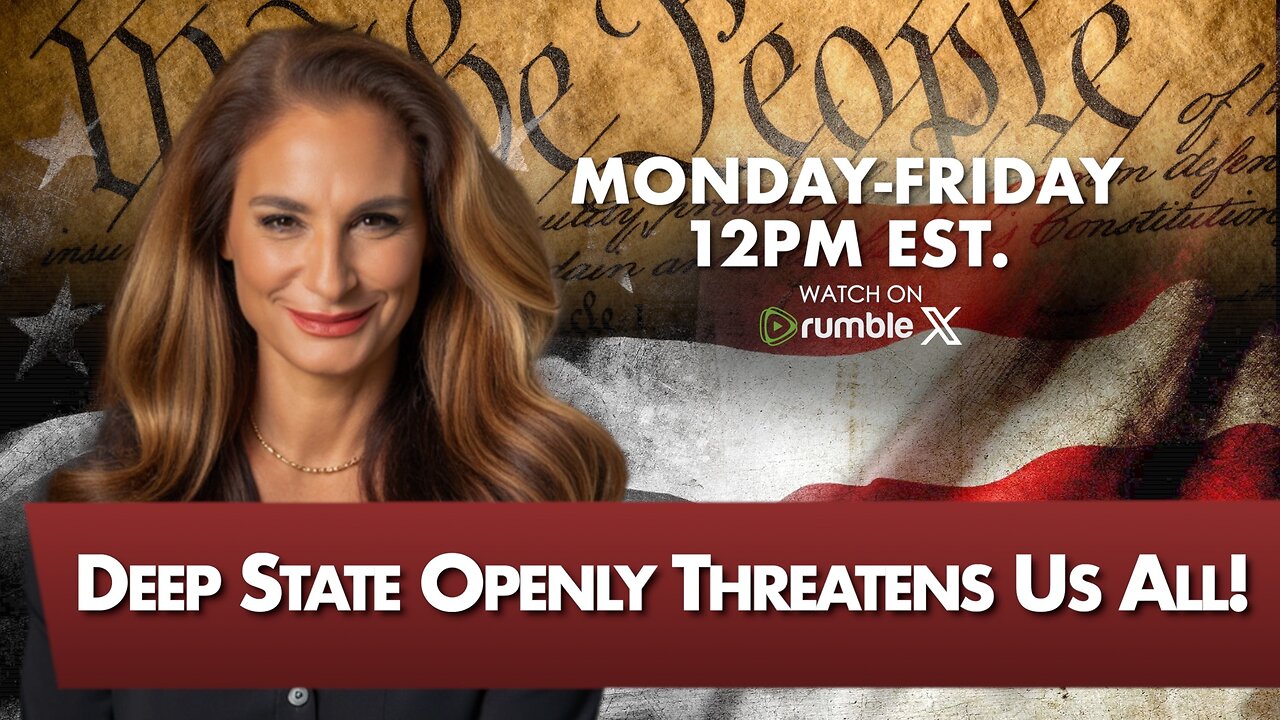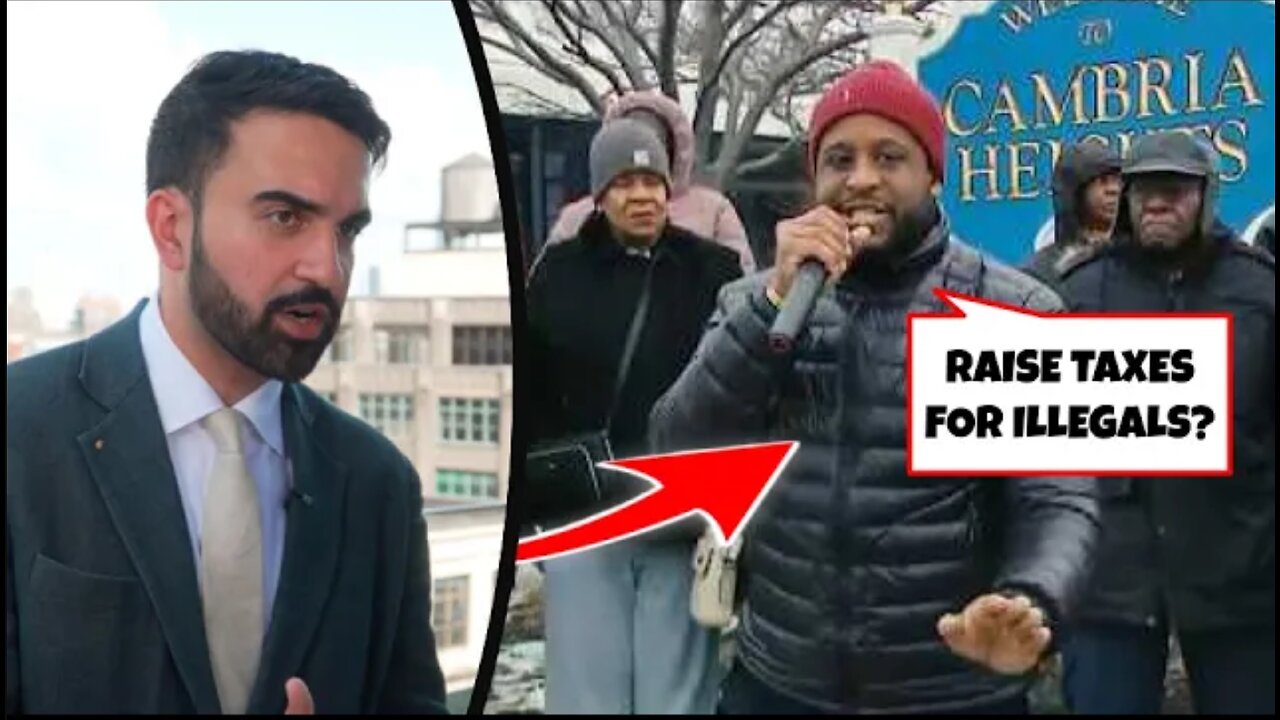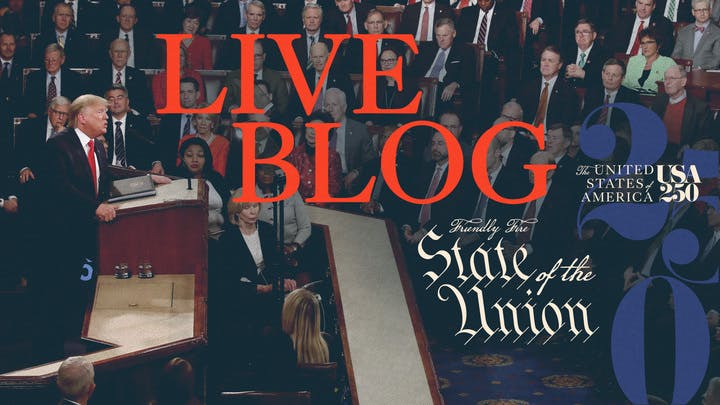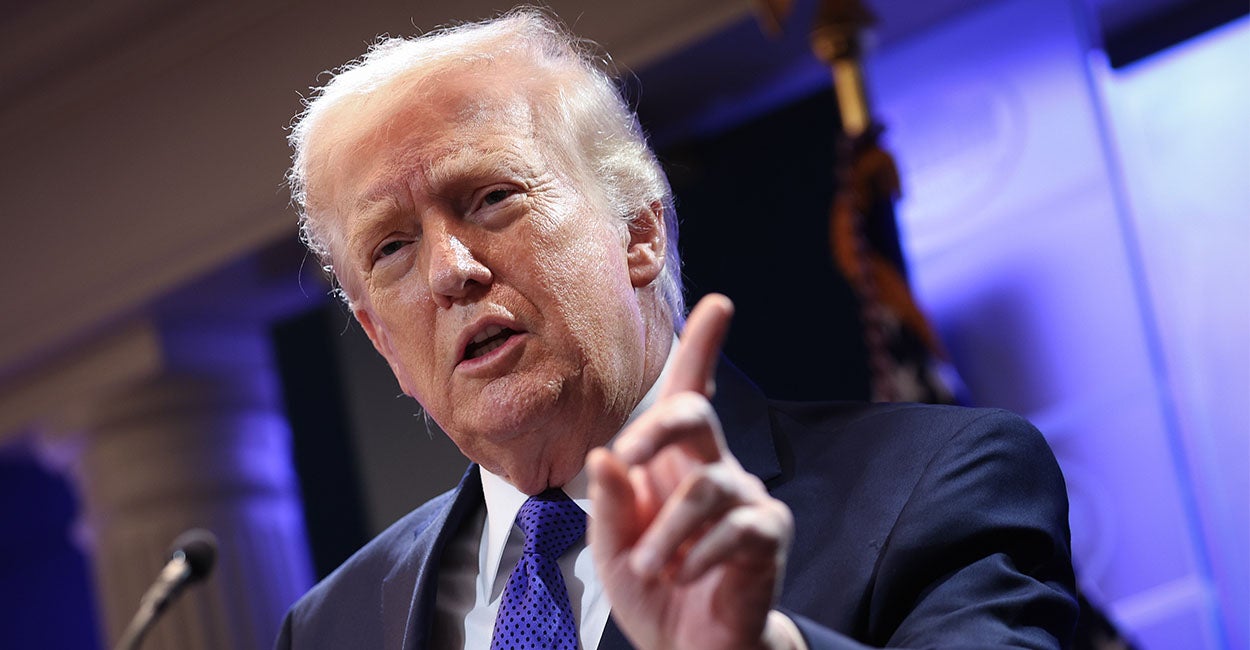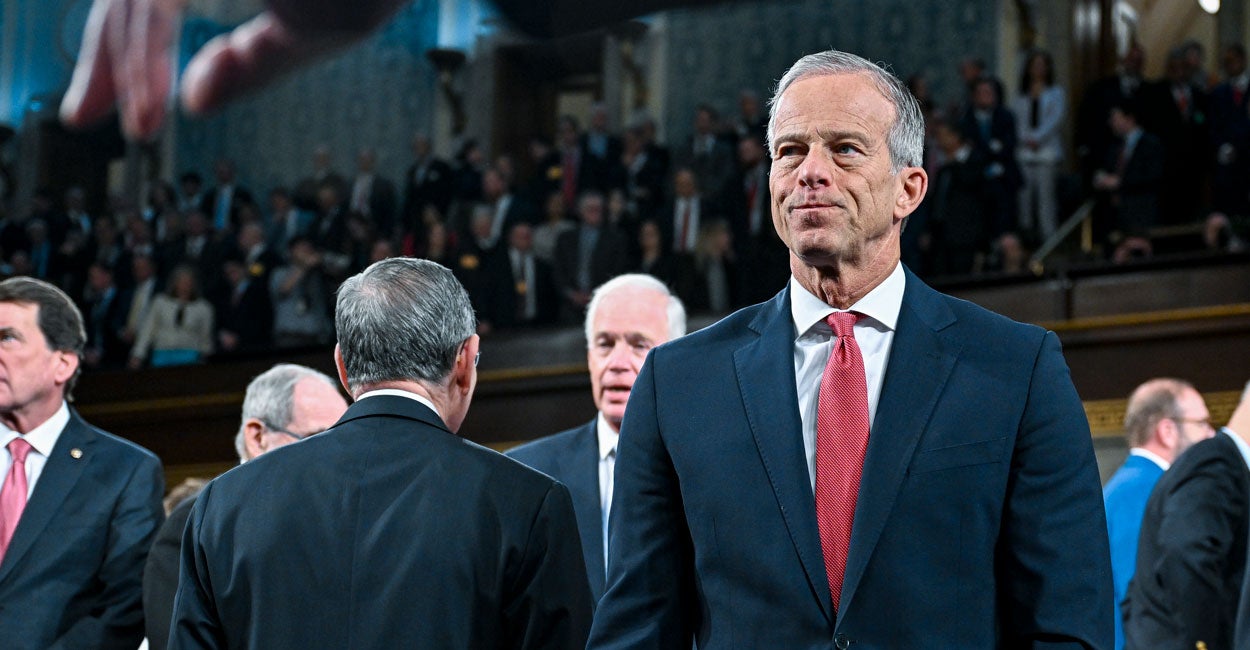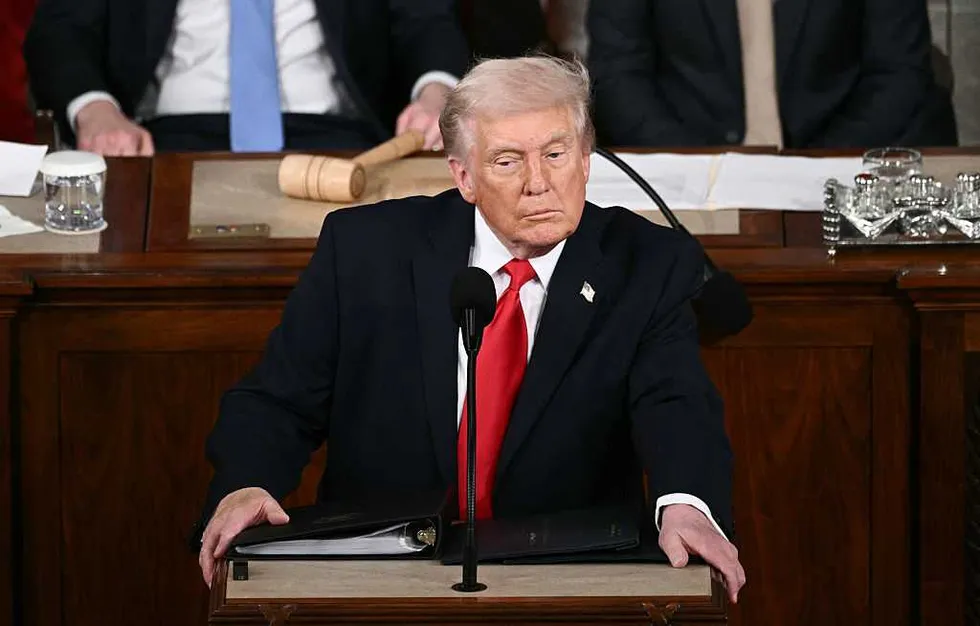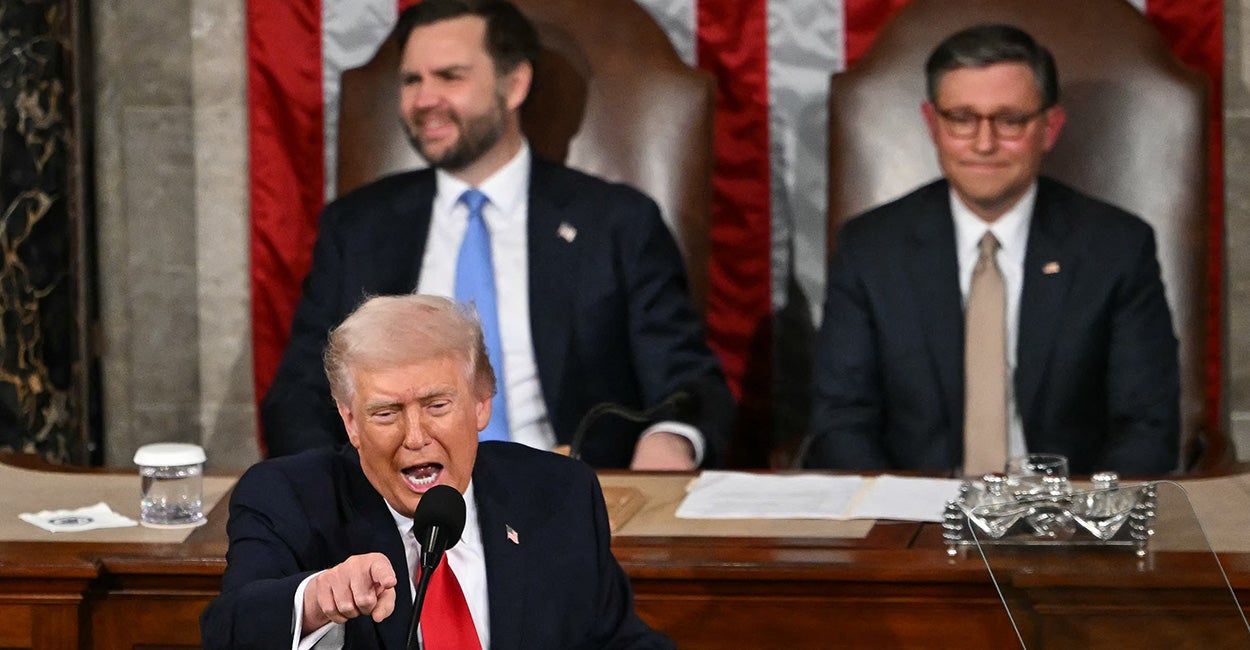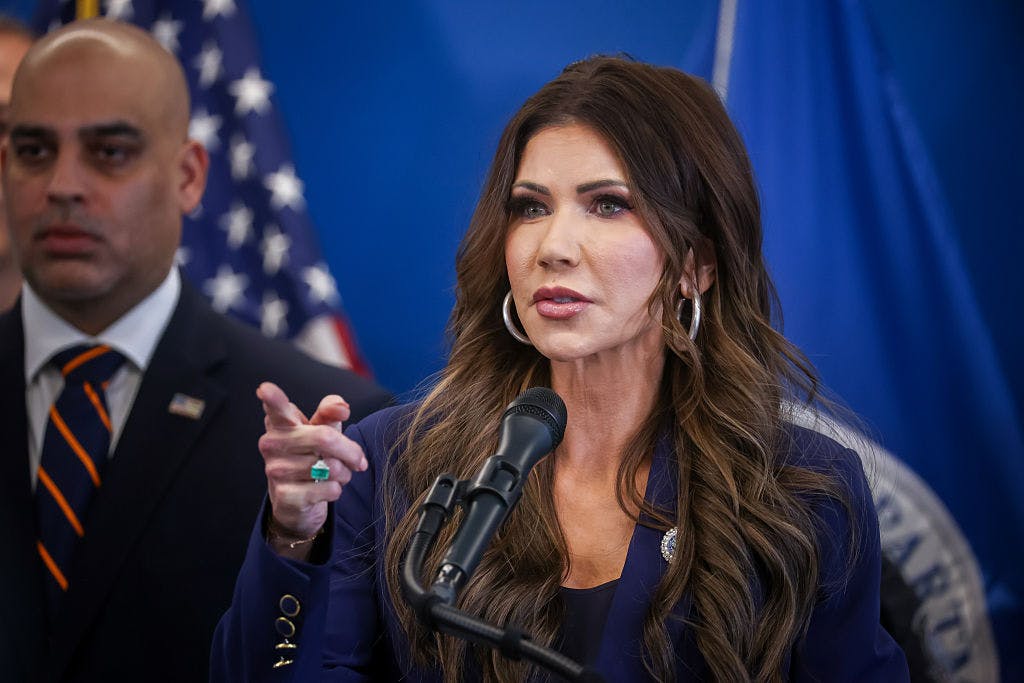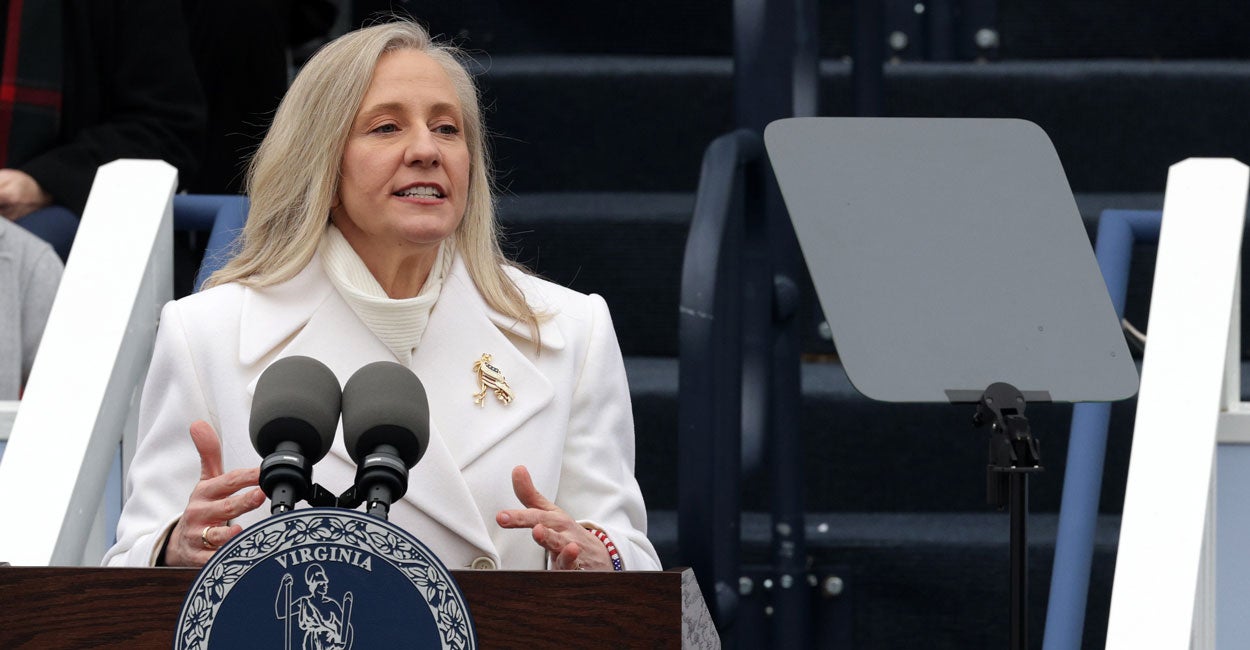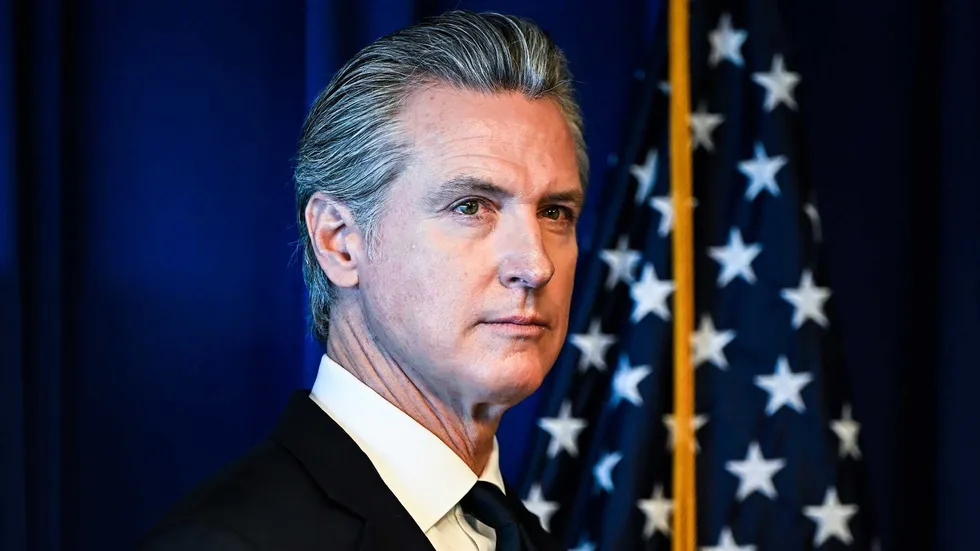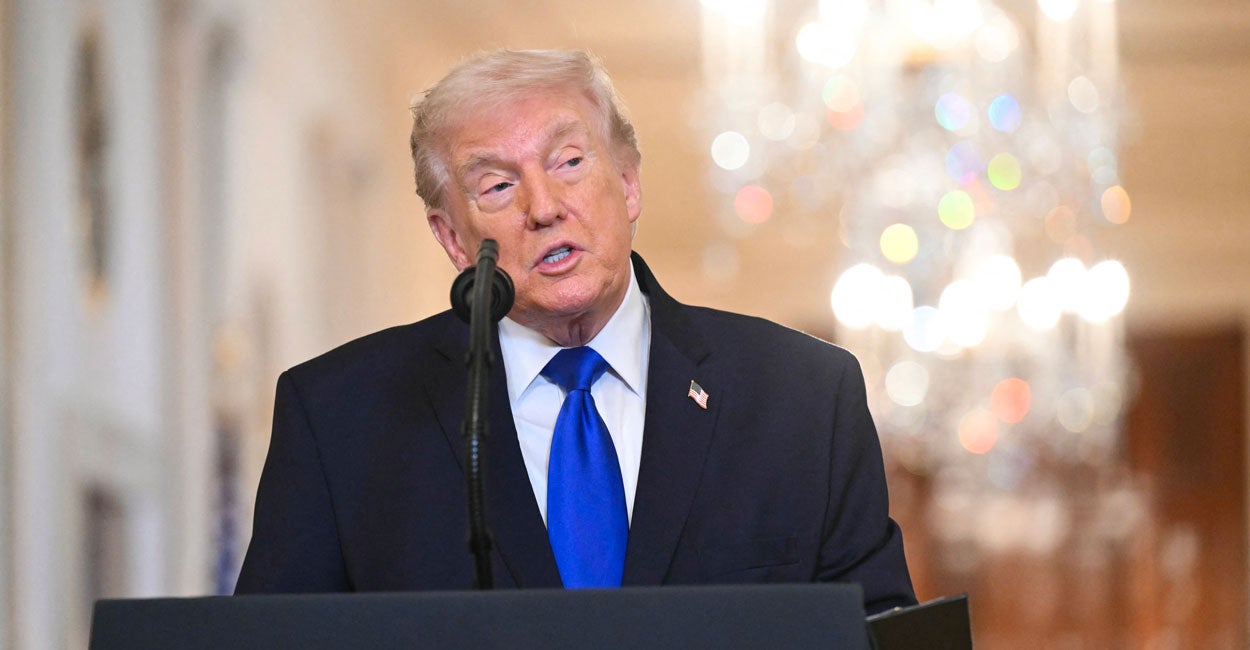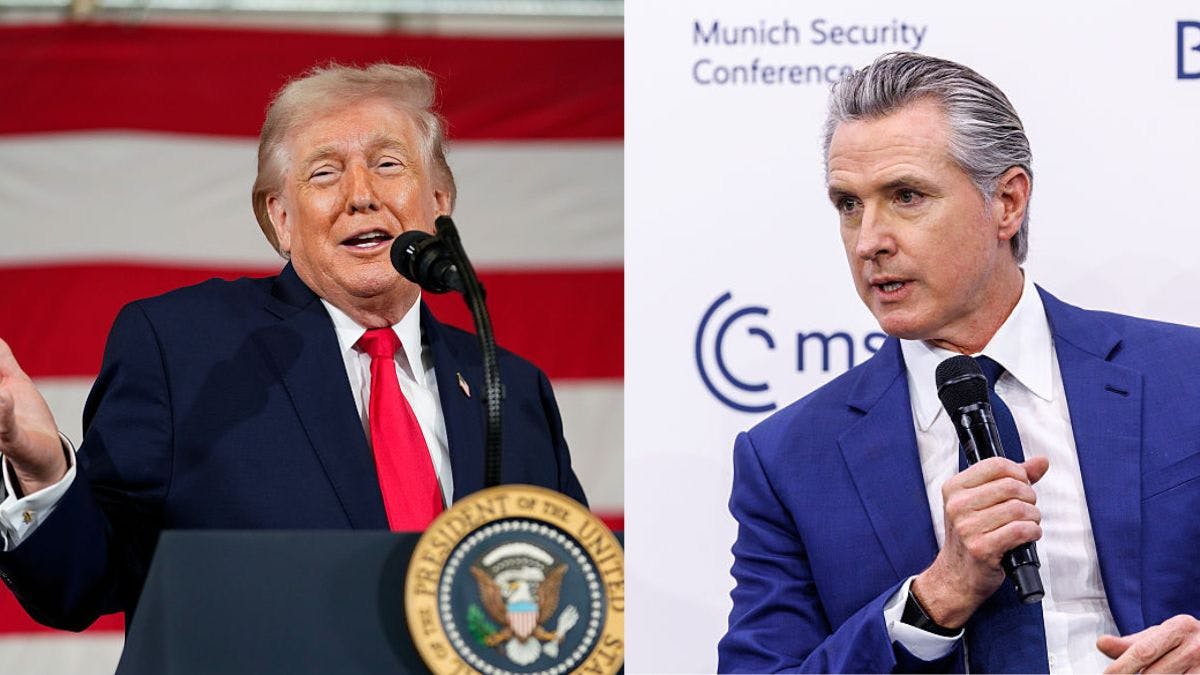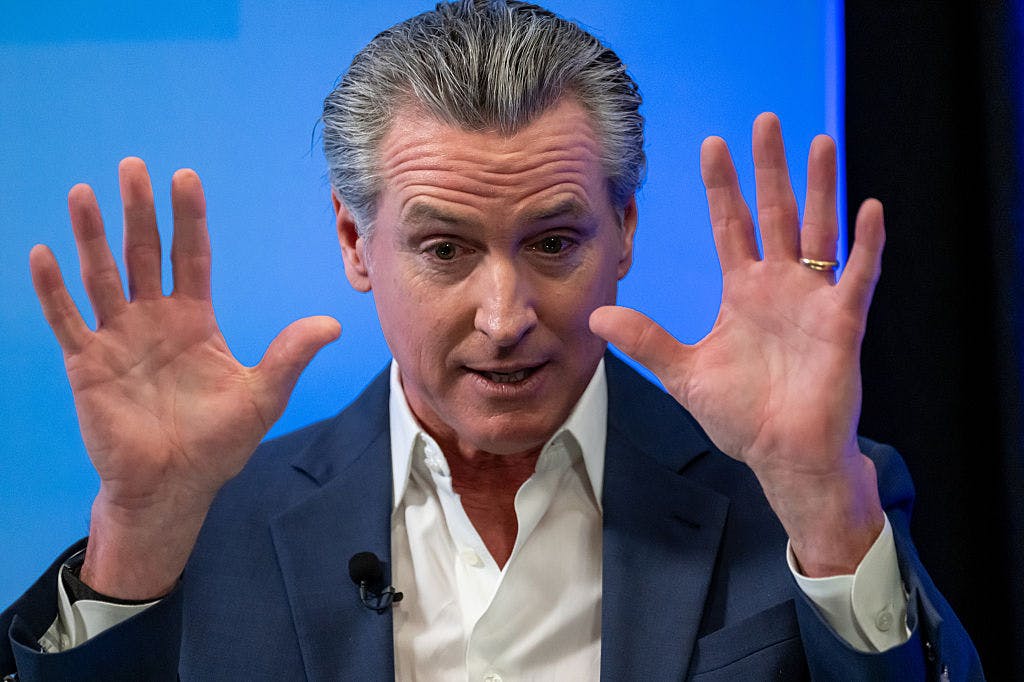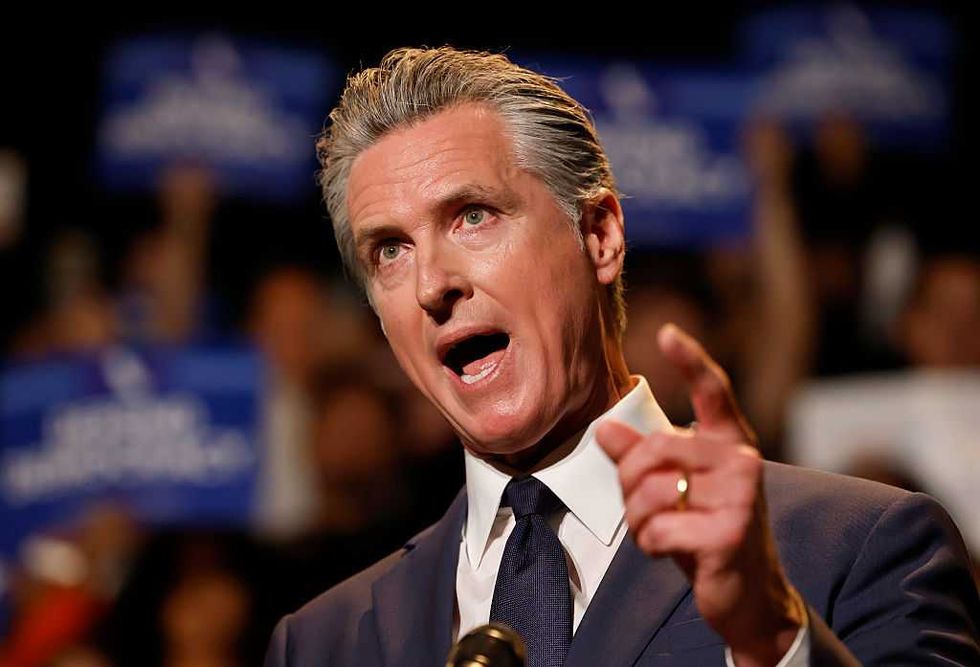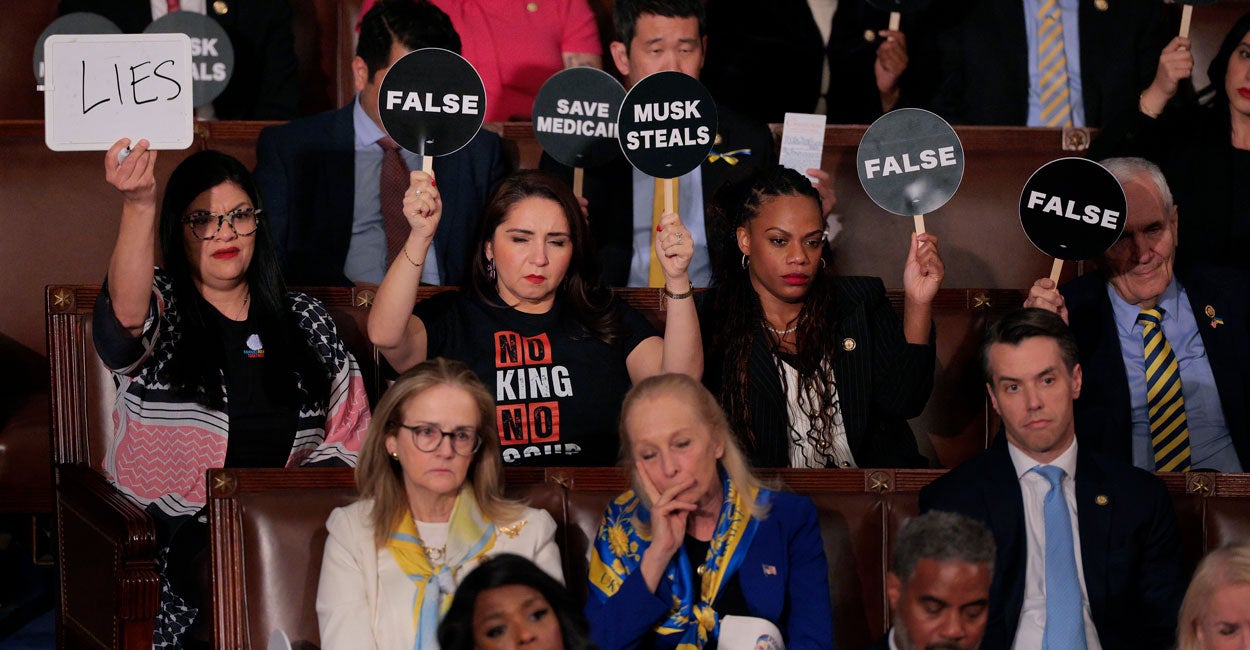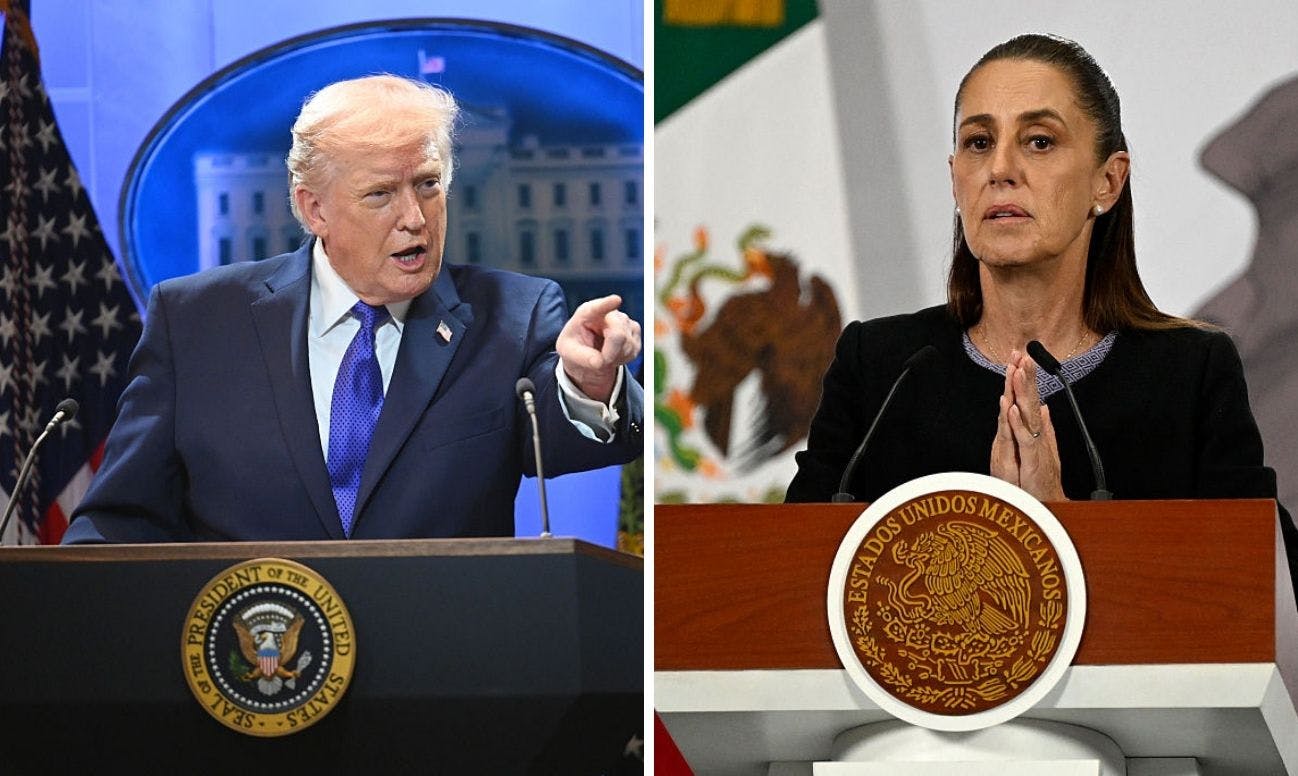The Humiliating No Kings Boycott Failure
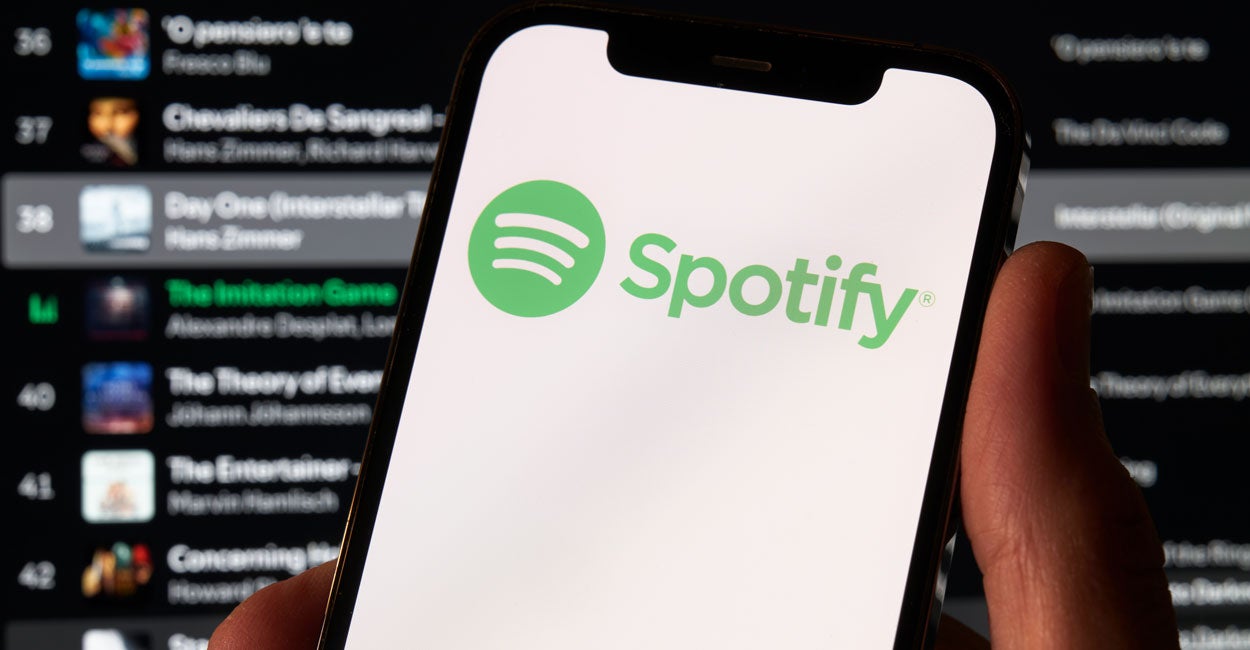
It’s only fair to give credit where credit is due. Former Democrats who now comprise the socialist base of that party are very good at inciting people to vent their collective spleen on the streets of America. But that doesn’t mean they know much about other things, particularly when it comes to economic matters.
Live Your Best Retirement
Fun • Funds • Fitness • Freedom
The Indivisible Project—the muscle behind the No Kings protests—has a good track record of turning out protesters who dislike President Donald Trump. Now, they’re after a scalp, an actual policy win, one that hinges on market economics. To that end, Indivisible launched a boycott campaign last month against Spotify, the popular platform for music, podcasts and other programming.
In an email sporting the subject line, “Hey Spotify, stop streaming hate,” Indivisible sought to rally its forces to punish the digital entertainment service. “Spotify is running ads recruiting agents for ICE. Let that sink in,” began the email. “A platform built to connect creators and listeners is helping an authoritarian regime build up its secret police force.” A Spotify spokesperson said the ads, which also air on Pandora, HBO Max, Hulu, YouTube and elsewhere, fully comply with their advertiser policies.
Incensed by these help-wanted ads for immigration officers, Indivisible instructed its followers to push back against what it called “fascist propaganda,” with immediate, tangible action. “We’re asking anyone who subscribes to Spotify Premium to cancel your subscription until Spotify stops running ICE ads.” Their ire may sprout from the fact that the ads are working; the Department of Homeland Security reports 175,000 applicants and about 18,000 job offers so far.
What’s not working is the boycott. When Spotify announced its third quarter earnings on Nov. 4, Investors Business Daily reported, “Spotify earned the equivalent of $3.84 a share on sales of $4.99 billion in the third quarter.” For context, IBD noted that, “In the year-earlier period, Spotify earned $1.54 a share on sales of $4.22 billion.” It was an earnings beat on the top and bottom lines, as Wall Street investors might say.
But the news gets even worse for Indivisible. According to IBD, “The Stockholm-based company added 5 million premium subscribers,” and ended the quarter, “with 281 million paying subscribers worldwide, up 12% year over year.” The plea for liberals to cancel their Spotify subscriptions is falling on deaf ears.
The Indivisible campaign, based on a single advertisement, was doomed to fail from the start. Urging people to boycott Spotify and forgo its podcasts like Joe Rogan, Pod Save America, and NPR’s ‘Up-First’, among many others, is analogous to telling liberals to cancel MSNBC for selling advertising time to My Pillow. The point of a product boycott is to target an advertiser or program, not an entire media platform. As for Spotify’s music offerings, did Indivisible really expect listeners to abandon Taylor Swift, Drake and Bad Bunny just because of an ad people may not ever hear?
No failed boycott would be complete without a soupçon of ridiculousness and Indivisible does not disappoint. The group’s No Kings protest last month was a flop in Spotify’s home country of Sweden, which has an actual king. King Carl XVI Gustaf and the Swedish monarchy have poll numbers American politicians would die for. Once protest organizers recognized their blunder, they had to change the name to No Dictators. Several dozen people showed up. So much for brand management.
Indivisible used hyperbolically libelous rhetoric in an attempt to convince people to boycott something they love, produced by a company in a foreign country they insulted and doesn’t care about them, over an advertisement they don’t like. Indivisible may be good at rage rallying but not so much when it comes to understanding the fundamental laws of boycott economics.
This episode may account for why Indivisible and its No Kings subsidiaries aren’t promoting anything other than clinging to grievance. If an organization cannot execute something as simple as an economic boycott, it’s not likely they’re very good at anything other than community organizing. But do not underestimate these people and their core competency of inciting mobs. In this regard they are best of breed among domestic agitators, and they are not to be trifled with.
Indivisible’s humiliating boycott failure will further energize them to continue doing what they do best—fomenting the kind of tumult that’s made it a preeminent and dangerous brand in American politics, and which we ignore at our peril. Community organizing skills may not be any good at promoting peace and prosperity but remember, it was good enough to elect a president.
We publish a variety of perspectives. Nothing written here is to be construed as representing the views of The Daily Signal.
The post The Humiliating No Kings Boycott Failure appeared first on The Daily Signal.
Originally Published at Daily Wire, Daily Signal, or The Blaze
What's Your Reaction?
 Like
0
Like
0
 Dislike
0
Dislike
0
 Love
0
Love
0
 Funny
0
Funny
0
 Angry
0
Angry
0
 Sad
0
Sad
0
 Wow
0
Wow
0
